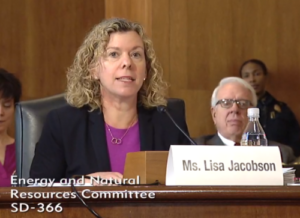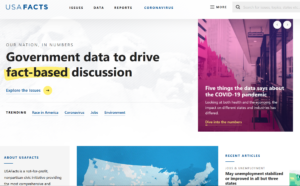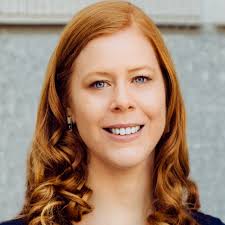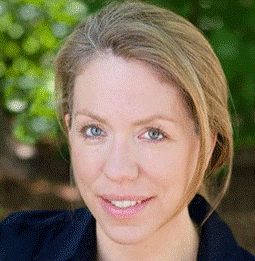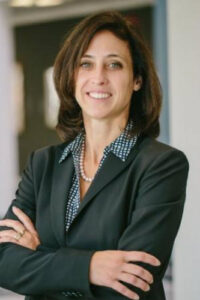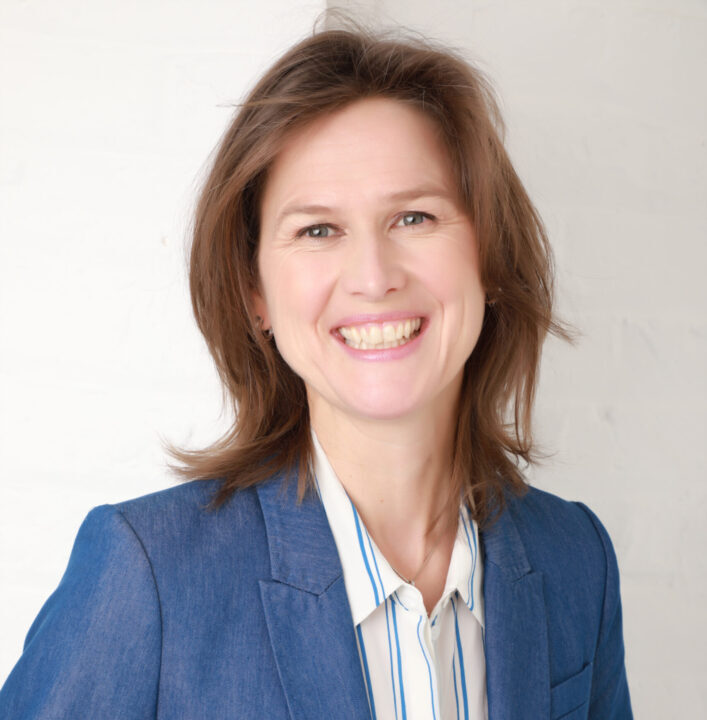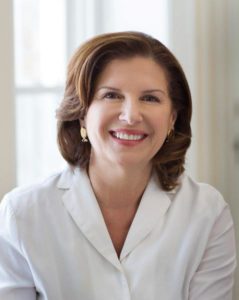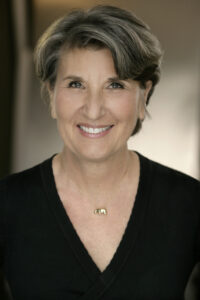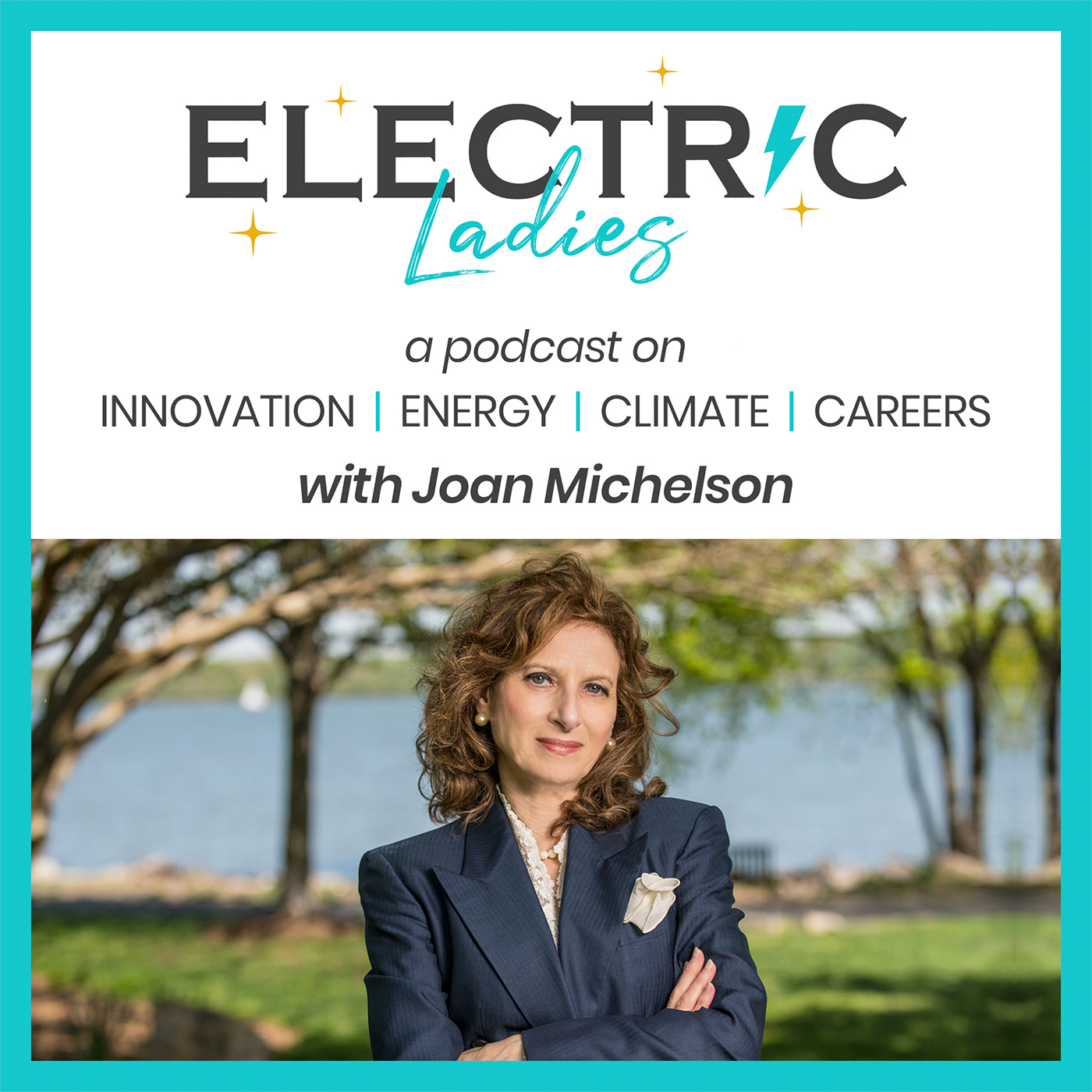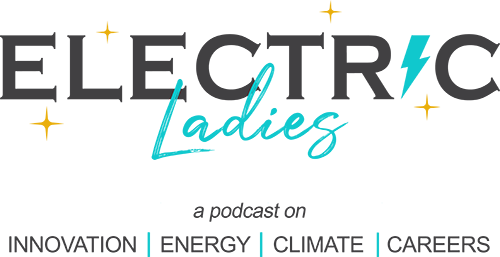We could not get through this pandemic – or run our national or global economies – without energy. Literally. Energy kept hospitals taking care of patients, kept essential services like grocery stores and pharmacies open, kept first responders equipped to respond and transport patients to medical care and communities. Yet, the energy sector is reeling under the weight of this pandemic, with travel at a complete standstill and offices and businesses shuttered. Yet, clean energy is a bright spot, even though it’s also lost 600,000 jobs in this crisis. Listen to this fascinating discussion with Lisa Jacobson, president of the Business Council for Sustainable Energy (BCSE) on Green Connections Radio podcast on how a silver lining in this crisis may be the critical clean energy innovation coming out of it.
COVID-19 Transforming Energy – Lisa Jacobson, Business Council for Sustainable Energy
